Now that a number of successful debuts like One Piece have essentially thawed people’s antagonism towards live-action adaptations, is it possible to hope for the same in Avatar: The Last Airbender? And if so, what does the exclusion of the story’s original creators say about the new Netflix project?
Getting the live-action treatment these days is not a testament to how popular a franchise is. It seems to us that almost every name with a bit of following is doomed to get ordered to series by a streaming mogul, and who cares what the fandom has to say on the matter? But in the case of a global sensation like Avatar: The Last Airbender, often regarded as one of the best television shows in history, that can soon turn into a problem, especially if you can’t bring yourself to listen to the people who created it.
When Netflix first announced a live-action retelling of Avatar in 2018, fans were relieved to hear that both Michael Dante DiMartino and Bryan Konietzko had been contracted to serve as executive producers. I mean, that should’ve been enough to avoid a disaster like M. Night Shyamalan’s critically panned 2010 flick, The Last Airbender, right? Well, it looks like the answer is not that simple.
Why did the Avatar creators leave Netflix?
Whatever your opinions on the footage we’ve already seen of Avatar: The Last Airbender on Netflix, you should know that DiMartino and Konietzko had little to do with the project. Having barely begun work on the project, the two announced in 2020 that they were leaving the Netflix project behind, citing creative differences as the main factor fueling this decision.
“When Bryan and I signed on to the project in 2018, we were hired as executive producers and showrunners,” DiMartino wrote on his personal blog. “Netflix said that it was committed to honoring our vision for this retelling and to supporting us on creating the series. And we expressed how excited we were for the opportunity to be at the helm. Unfortunately, things did not go as we had hoped.”
Konietzko didn’t nearly hold back as much as DiMartino in his own statement. Taking to Instagram, the producer explained:
“When Netflix brought me on board to run this series alongside Mike two years ago, they made a very public promise to support our vision. Unfortunately, there was no follow-through on that promise. Though I got to work with some great individuals, both on Netflix’s side and on our own small development team, the general handling of the project created what I felt was a negative and unsupporting environment.”
The creator goes on to say that this wasn’t a simple matter of the two of them not always getting their way. It seems that Netflix’s way of handling the show wasn’t “in line with the spirit and integrity of Avatar” and the co-creators soon realized they weren’t going to, in their own words, “meaningfully guide the direction of the series.”
Albert Kim came on as writer and showrunner in 2021, and the show has been in development since then. Avatar: The Last Airbender is making its way to Netflix on February 22, so let’s hope that things aren’t as bad as we currently fear they might be.






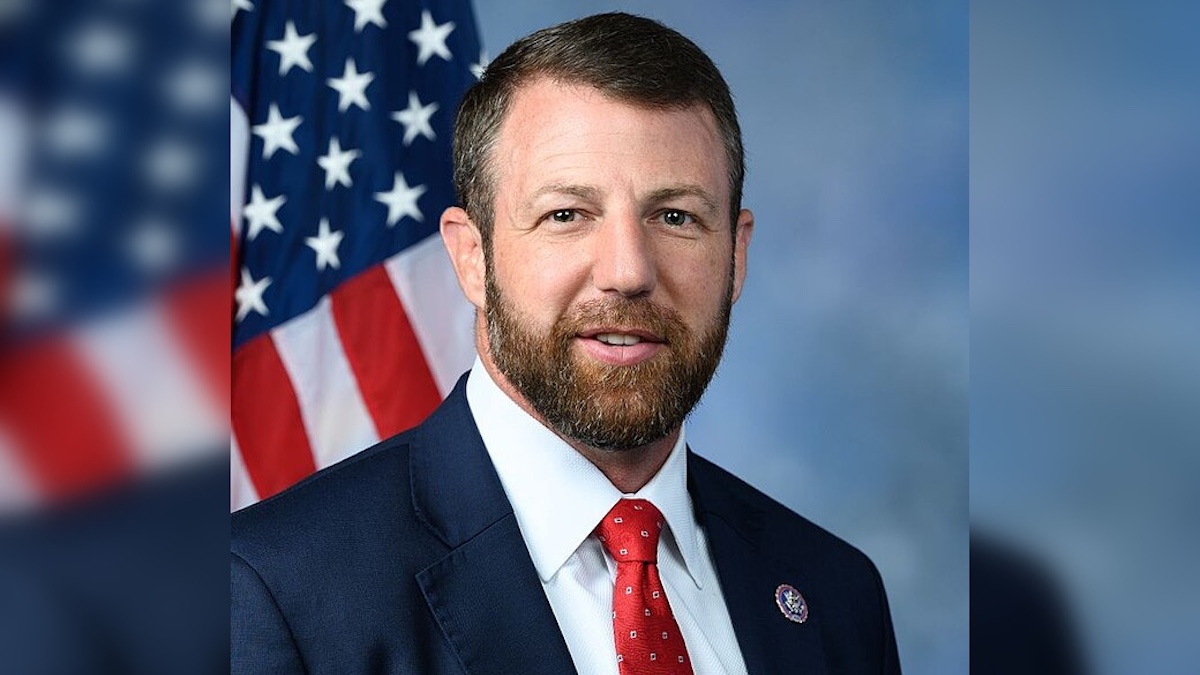



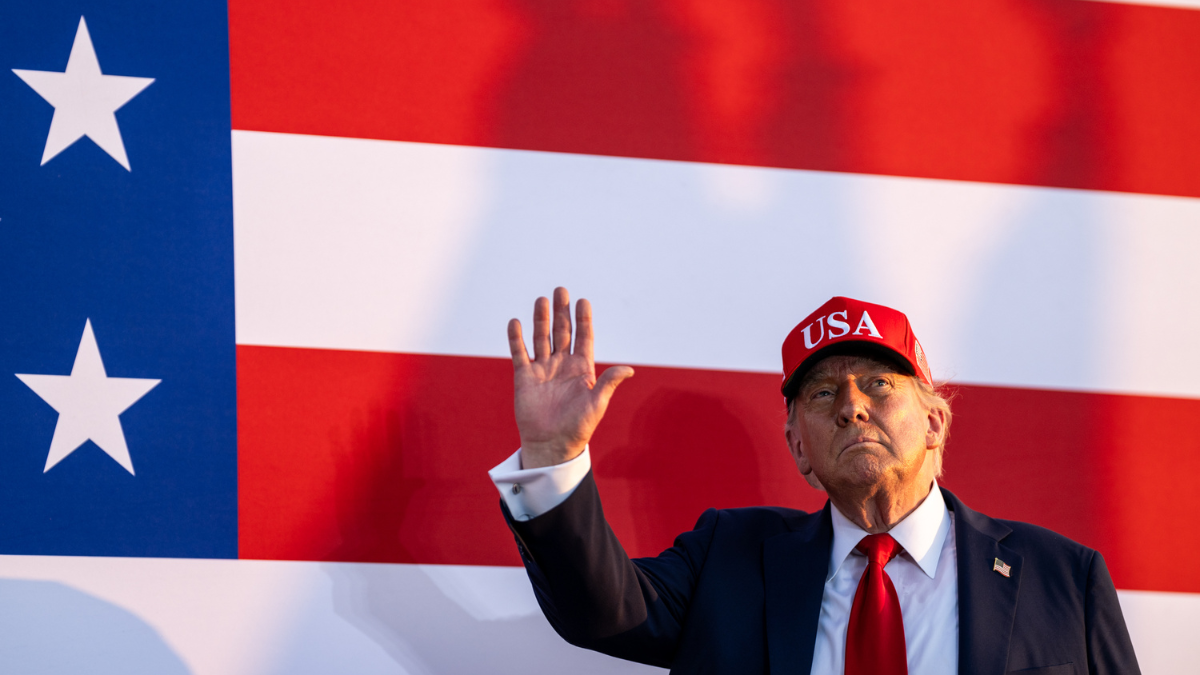
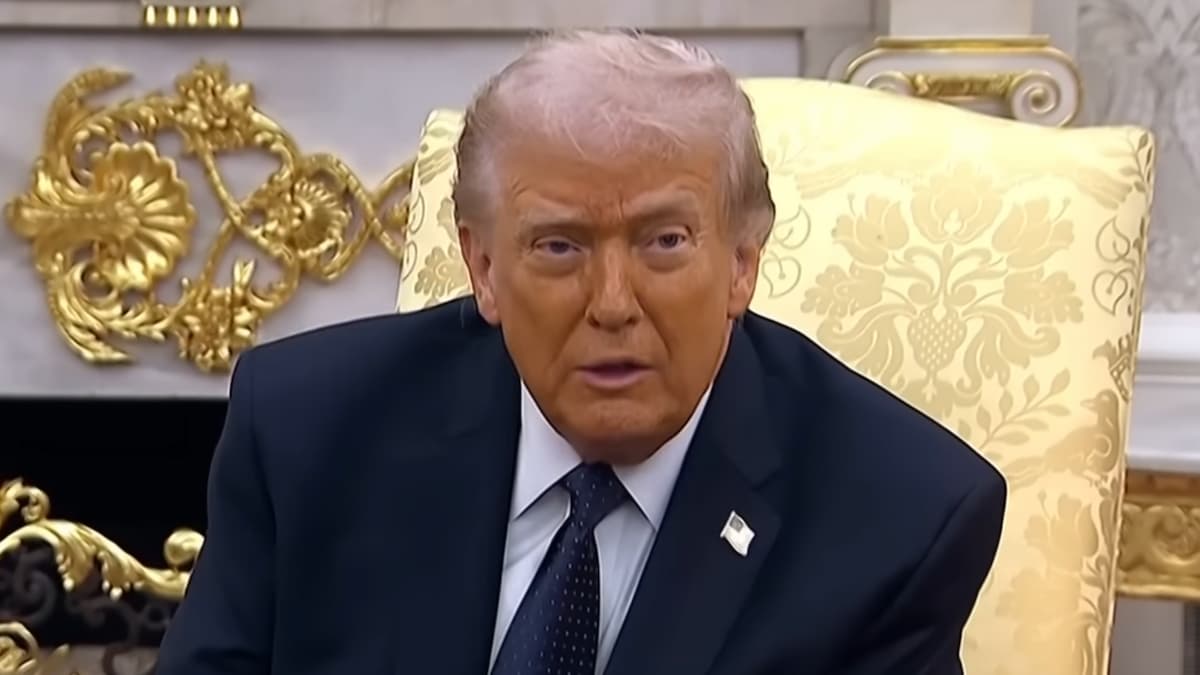
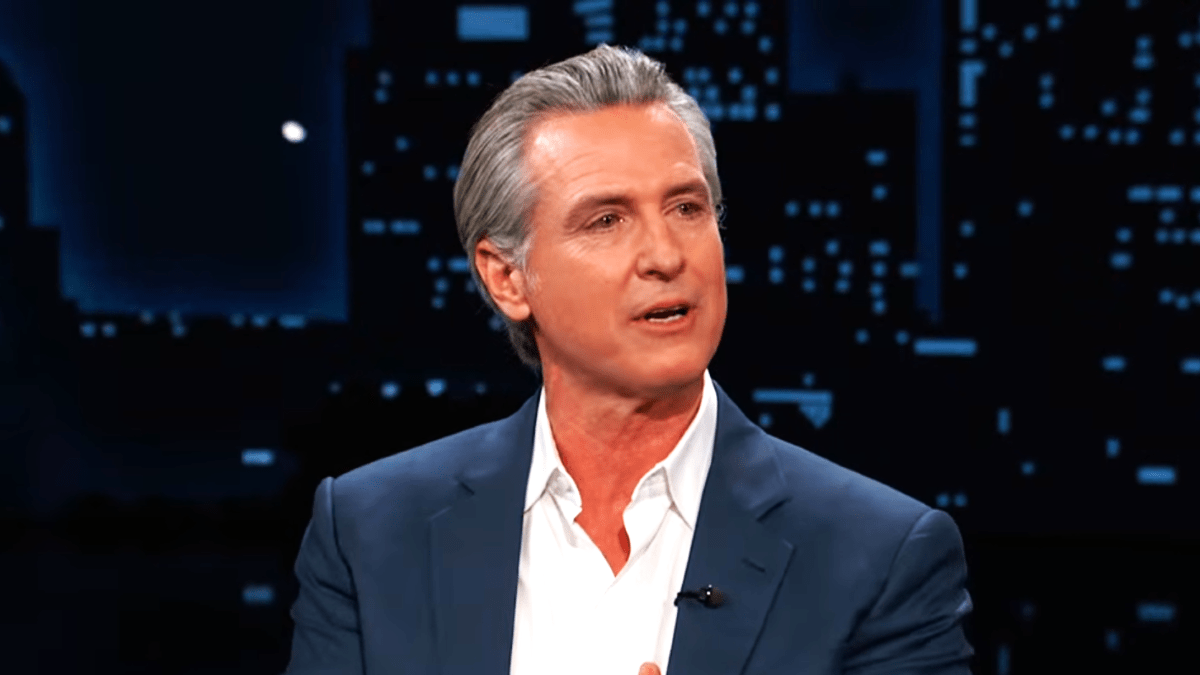
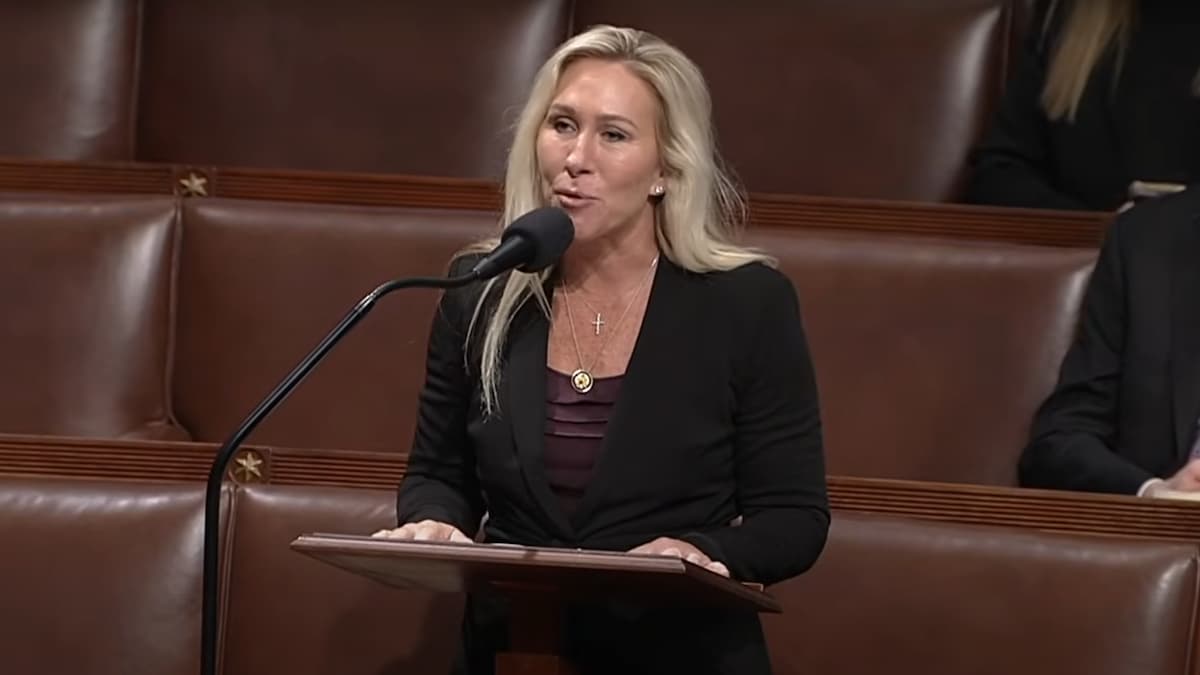
Published: Jan 30, 2024 05:25 pm